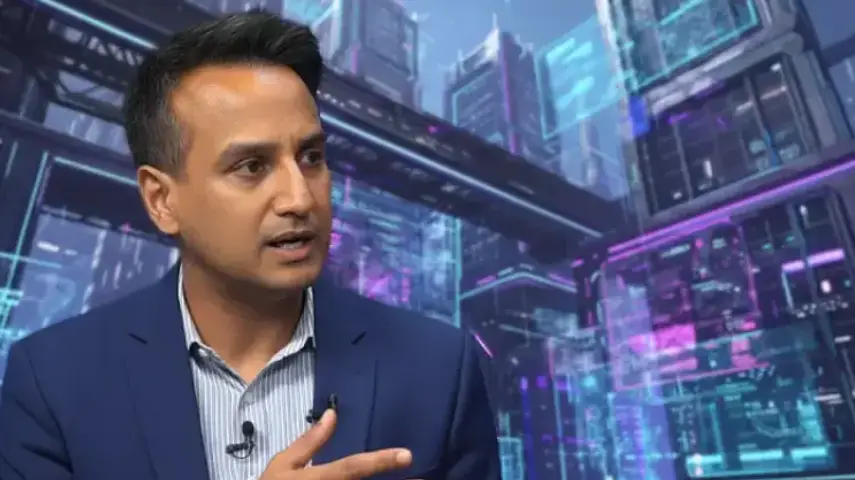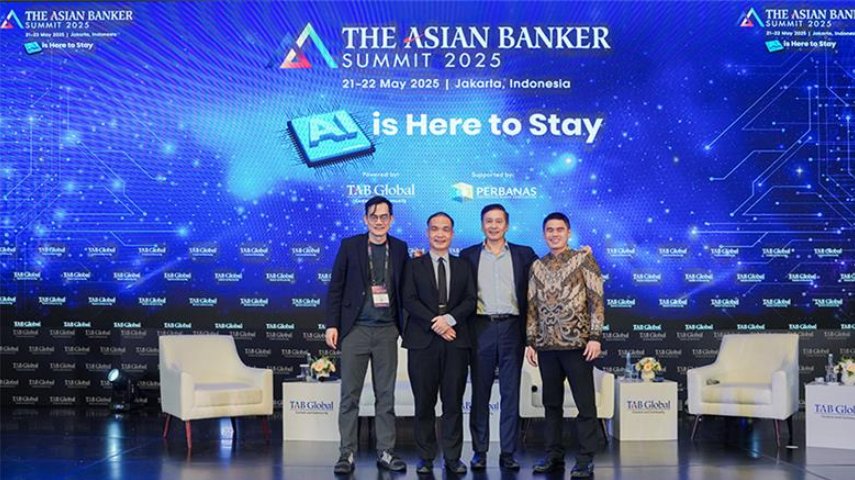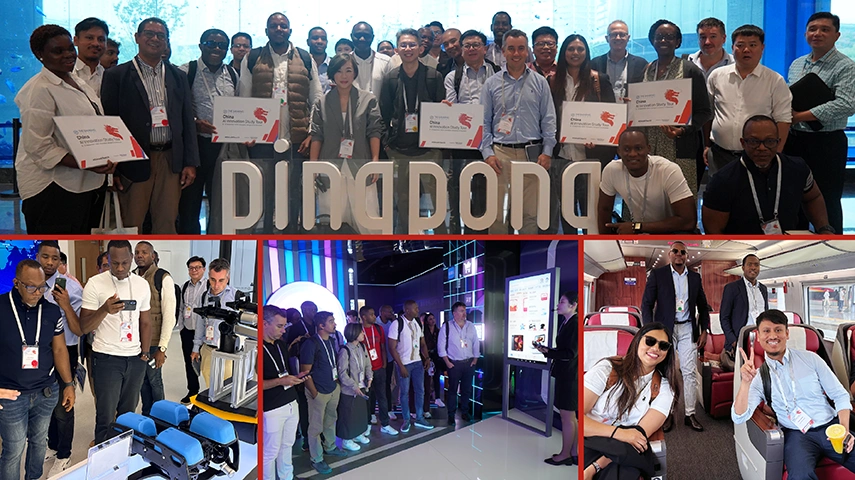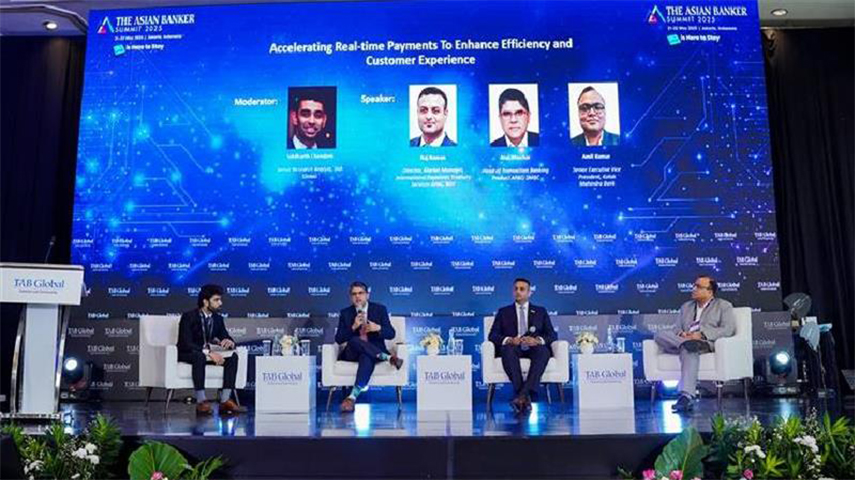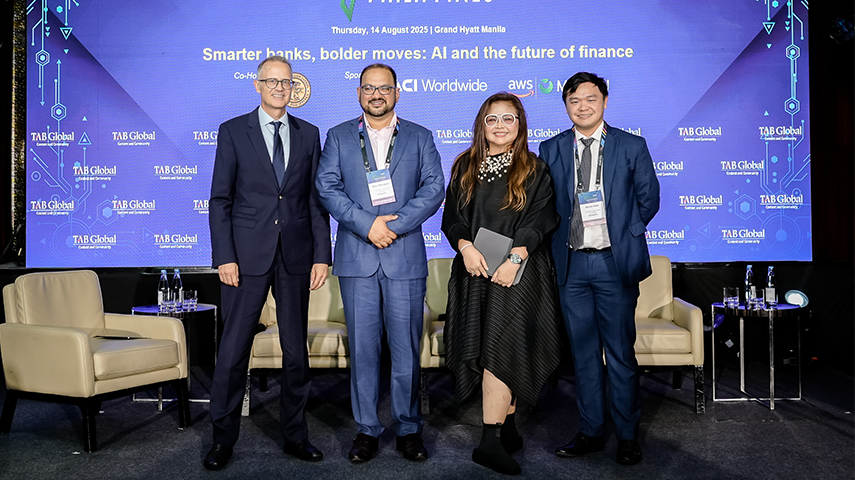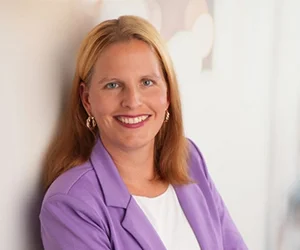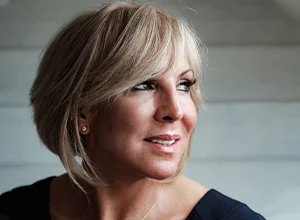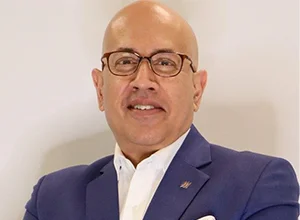- Mobile technology, a catalyst for greater financial inclusion
- Traditional banks leveraging on improving mobile technology to increase bank penetration and expand product offerings
- Greater interoperability promoting the digitalisation of payments
Sub-Saharan Africa remains a strong hold of mobile money, the region is driving almost two thirds of total global mobile money transactions and has the highest share of registered mobile money accounts.
Africa’s payments industry continues to evolve rapidly, driven largely by smartphone and mobile technology. Although cash is still the dominant payment method in Africa, the volume of electronic payments grew at an annual rate of 13% between 2014 and 2016 according to the McKinsey report on growth and innovation in African retail banking. Emerging disruptive payment models such as mobile payments, QR (Quick Response) code technology, clip-on card readers, and e-wallets, have facilitated an increased uptake of electronic payments by consumers and acceptance by small businesses even in the informal sector. Technological disruption is transforming not only the payment industry but the entire financial ecosystem.
There has been progress in financial inclusion but a large proportion of the African population remains unbanked, including consumers and merchants. The International Monetary Fund estimates that only 20% of the population has a bank account. This is significantly low compared to 92% in advanced economies. In contrast, the Global System for Mobile Communications Association (GMSA) 2018 report on mobile money reveals that more than 60% of the adult population in sub-Sahara Africa have a mobile money account.
However, the region has the lowest number of ATMs (per 100,000 adults), commercial bank branches (per 100,000 adults) and the lowest share of adult population with an account (at a financial institution or with a mobile-money-service provider).
African banks acknowledge the need for digital transformation in order to compete with the disruptive financial service providers. Following the mobile money model set by mobile network operators (MNOs), several traditional banks are developing products and services that leverage improving mobile technology to increase market share and banking penetration as well as to diminish the danger of being disintermediated from the value chain.
Figure 1: Financial Services Across Regions
.jpg)
Notes: 1. Data from World Bank DataBank and GSMA reports
2. mobile money transactions as % of global mobile transactions
3. Registered mobile money customers (%)
4. Account ownership at a financial institution or with a mobile-money-service provider (% of population ages 15+)
5. ATMs (per 100,000 adults),
6. commercial bank branches (per 100,000 adults)
7. Account ownership is the percentage of adult population with an account at a financial institution or with a mobile-money-service provider
Ecobank’s Xpress Account is a self-service, real-time, online digital account or wallet that is operated on the mobile phone. Users can deposit money into the account through transfers from mobile money wallets or bank accounts or Ecobank Xpress points. The account can be used for sending or receiving money, paying bills, purchasing flights or buying airtime credit. For example, users in Ghana can send and receive money from any mobile money wallet or bank in their country and also African countries in which the Ecobank mobile app is available. Besides the ease, speed and simplicity in opening the account, the Xpress Account also offers a price focused value proposition through the elimination of minimum opening balance requirements and account servicing fees.
South Africa was the first African country to have access to Samsung Pay when Samsung partnered with Absa and Standard Bank. Samsung Pay is a mobile payment system that enables users to make payments using their smartphone at retail stores around the world. Samsung Pay uses both near-field communication (NFC) and magnetic secure transmission (MST) technologies, therefore, it works not only with NFC-enabled payment terminals but also with card machines and older magnetic-stripe terminals. The security of Samsung Pay is built on its Samsung Knox mobile security platform and biometric authentication (such as facial unlocking, iris scan, or fingerprint). Furthermore, the application uses Mastercard’s tokenisation service, therefore, the user’s details are secure as each transaction uses a random token instead of the user’s card number.
Several banks are also entering into strategic partnerships with MNOs to facilitate knowledge and technology transfer opportunities between the organisations. Recently, Equity Bank partnered with Safaricom to create a joint transformation agenda. They unveiled a plan to explore regional synergies to expand the coverage of M-Pesa platform, simplify cash delivery between their agents, share technical knowledge, develop a joint mobile banking service and other joint products in markets where they both operate.
Traditional payments solutions such as card payments are not widespread mainly due to constraints in infrastructure accessibility and other reasons such as extra high costs (bank and transaction fees) associated with electronic card transactions. The International Finance Corporation reported that adults with a financial institution account or mobile money account rose from 34% in 2014 to 43% in 2017, while the proportion of adults with a mobile money account almost doubled to 21% during the same period. Thus, the growth in mobile money accounts largely contributed to the increase in the percentage of adults with an account. While most mobile wallet transactions are peer-to-peer domestic money transfer, mobile money is increasingly being used to pay bills, purchase goods and services and receiving wages.
Disruptive payments technologies by MNOs
Non-banks also play a crucial role in Africa’s payment landscape. Large MNOs such as Safaricom lead in provision of innovative digital solutions which function in both the formal and informal sectors and continues to dominate the mobile money ecosystem. Over the past decade, there has been substantial customer centric product developments in sub-Saharan Africa’s mobile payments market.
Safaricom’s M-PESA has evolved its ecosystem by providing a wide variety of digital financial services which go beyond domestic mobile payments. The Kenyan telco Safaricom expanded its partnership with Western Union to form M-Pesa Global, a service that can be accessed by dialling (*840#) on the mobile phone or via MySafaricom Mobile app. This is an enhanced service as it increases the channels through which M-Pesa customers can transact globally; users can send money from their mobile wallets to banks in other countries and Western Union as well as through other partners (such as Paypal and World Remit) who were already available on the platform. Moreover, the application provides unique optionality to consumers as they can receive funds from abroad on their M-PESA account, or direct the funds to a bank account or receive cash at an agent.
Africa’s biggest mobile network providers, MTN and Orange Groups, entered a mobile wallet interoperability joint venture called Mowali. This service enables payments in real-time, at low cost between mobile money accounts across the continent, irrespective of the mobile money provider. Although, Mowali is owned by Orange and MTN groups, it is a digital payment infrastructure that will be available to any mobile money provider, bank and other financial service providers in Africa. Greater interoperability will promote the digitalisation of payments and this will accelerate merchant payments, international remittance and other financial services across the continent.
With the objective to enhance customers’ overall digital experience through providing services over the digital channels that the customer prefers, MTN South Africa partnered with Clickatell (a WhatsApp business solution provider) to launch MTN chat. The application enables MTN customers to purchase airtime and data bundles within their WhatsApp chat session; this is the world’s first airtime top-up via WhatsApp. The customers can also use MTN chat to check their balances. Confidentiality and safety features were built into the MTN chat in order to mitigate fraud; the customers will interact with only a single number that has a verification marker.
The continent’s first integrated social payments platform called Sasai was launched by Cassava Fintech International, a subsidiary of the Econet Group. The platform which is offered in partnership with MNOs, combines e-commerce, mobile payments, social media (instant messaging, audio/video calls). Sasai users are able to link multiple payment methods such as mobile wallets and bank accounts, pay bills and merchants online, chat with friends and service providers, and can explore the provide and services offered by a wide range of service providers.
In several sub-Saharan African economies, mobile money accounts have surpassed traditional bank accounts. The Global Findex data reveals that in 2017, the share of adults with mobile money accounts in Tanzania was 38.5%, while only 21% had a bank account. Similarly, in Kenya, 72.9% of adults owned a mobile money account and 55.7% a traditional bank account. Safaricom’s M-Pesa paved the way for mobile-fuelled digital innovations across Africa.
Fintechs disrupting the payment landscape
In this digital era, organisations are adopting disruptive technologies and digital data to improve their businesses and create new opportunities; however, digitalisation presents some challenges. Security and privacy are major challenges of digitalisation; therefore, cybersecurity and privacy technology should be at the heart of an organisation’s digital transformation strategy. Some African fintechs such as ThisIsMe make transactions more secure through the use of identification technology like bio-metrics, artificial intelligence (AI), machine learning (ML) and tamper detection. ThisIsMe’s platform enables businesses to combat cybercrime, to ease customer onboarding and transaction approvals using the fully digitised Know Your Customer (KYC) and onboarding solution. The fintech held a record for the fastest FICA verification in 2018.
The key drivers of payment innovations in Africa have been financial inclusion and enhancement of customer experience. Cellulant is the first African company to build Augmented Reality (AR) powered try-on experiences in Facebook Messenger. It extended its product offerings by including Mula shops on the Mula payment platform now called Tingg. The application enables customers to shop online, send and receive money and also provides a payment gateway enabling merchants to accept mobile and online payments. The differentiating feature of Mula shops is that it enables customers to search and try-on products before purchasing.
Mobile Point of Sales (mPOS) have been a significant disruptor in the payments industry as they are relatively affordable compared to the traditional POS systems. Yoco a smart technology payments company, offers a card reader and app branded Yoco Point of Sale, which enables users to turn smartphones/tablets into payment terminals. The application provides multiple payment options (including card, SnapScan and Zapper) and additional features that help merchants to manage their business (for example, monitoring sales and staff performance, inventory, organising stocks) directly from the app in real time from anywhere in the world.
Throughout Africa, there is a rise in the number of large corporates that are partnering with fintech startups that offer innovative technology in order to extend business or address problems.
The partnership between Kenya’s Family Bank Limited and SimbaPay a financial technology firm, is an initiative that connects China’s largest payment service and Africa’s largest mobile money ecosystem in real-time. They offer an instant money transfer service that enables Family Bank Limited or M-Pesa customers in Kenya to send money to WeChat users in China. The money transfer from Kenya can be done through the Family Bank PesaPap mobile banking app or M-Pesa. This platform is expected to boost trade between the two countries as it simplifies the payment process and also enables micro-small firms without bank accounts to directly buy goods from China.
Though the advancement in the payments sector is mainly driven by the private sector, it is also partly due to public sector efforts. Several African governments launched initiatives (such as Nigeria’s platform to pay stamp duties, South Africa’s Project Khokha) designed to improve the payment systems. Although, there has been notable progress in Africa’s payment space, security and integration are key to the further growth of the industry.




